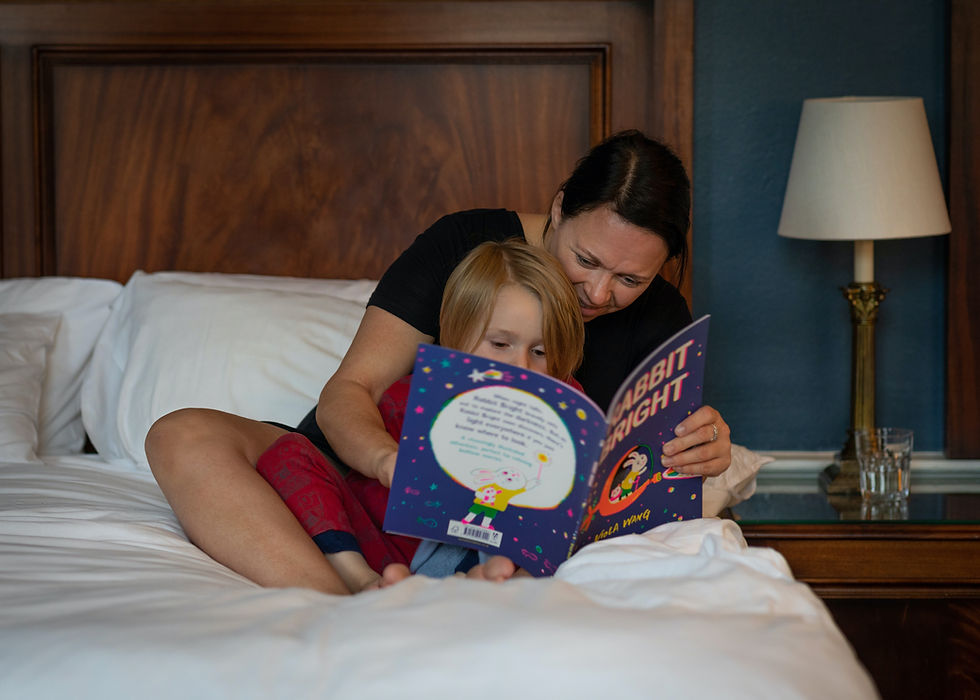Are you hoping to raise a native English speaking child in a home where English is a minority language?
Here’s a very common scenario:
Your first language is not English; it may be Cantonese, Mandarin, Hindi, Japanese or any other language. You do speak English – perhaps almost to native level – and you want your child to enter an international school.
The number one reason a child does not pass an assessment for international school is lack of proficiency in English.
In Hong Kong, the majority of families we meet who are interested in private schools speak more than one language. Usually, it's a choice of English, Mandarin and/or Cantonese and this complicates matters.

How does a child acquire native proficiency in English?
A good rule of thumb is that your child should receive no less than 25 hours per week * exposure to the minority language – in this case, English. That’s roughly 30% of the child’s waking hours.
However, there’s more to it than that.
The exposure must be authentic.
This means language carrying a real message created by a real speaker for a real audience – immersion in an English environment outside of the classroom with native English speakers. So, think about ditching the phonics classes and the TV in favour of an art class, football practice or tennis lessons all taught by a native English speaker to a group of native English speaking kids.
A word of warning: interaction with a domestic helper may not help and may actually hinder!
Now, if your child is attending an English language (not bilingual) preschool, s/he is there 3 hours a day. Let’s say at least 20 minutes is Mandarin. That’s 2 hours and 40 minutes of authentic exposure, 5 days a week which makes less than 14 hours a week.
If you are a family without a majority of authentic English language in the home, attending an international preschool will not in itself be enough to ensure your child is successful in securing a spot in an international school.
However, that does not necessarily mean that one or both parents should use English at home. It very much depends on the parents' proficiency.
According to a report entitled "Multilingual Children Beyond Myths and Toward Best Practices" by the Society for Research in Child Development, parents not fluent in English should not speak English instead of their native language to their children; children require fluent input, and fluent input in another language will transfer to learning a second or third language.
But the good news is that your child can acquire proficiency in English with some careful planning. We recommend giving them as much authentic exposure to English outside of school by way of fun activities. Not learning English but learning (or playing) IN English.
Top Schools can help you find the right school for your child.
Our approach is personalised for each family; we focus on ‘Finding the Fit’ with our 3 X 2Ps approach to take into account Parents’ Priorities and Preferences, Child‘s Personality and Proficiency and the schools’ Policies and Procedures.
* This is an idea from Adam Beck at www.bilingualmonkeys.com
Get in touch today!




Commentaires